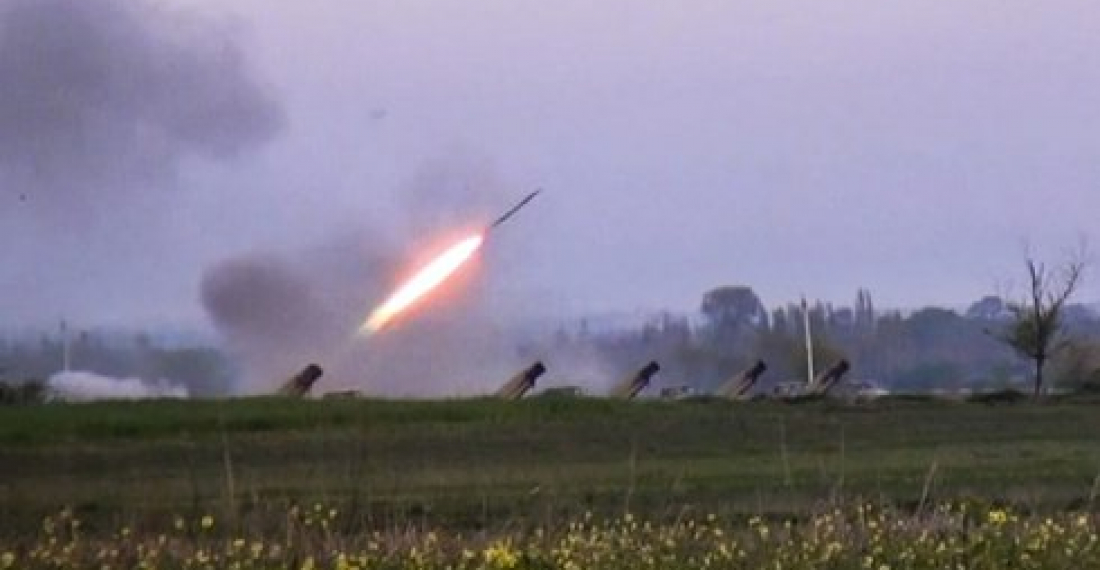Armenia and Azerbaijan on Tuesday (2 April) marked the anniversary of large scale fighting between their troops in 2016. On 2-3 April 2016 large scale fighting erupted between Armenian and Azerbaijani forces across the whole line of contact in the Nagorno-Karabakh conflict zone. The cease fire was restored, but only after hundreds were killed and injured.
In Yerevan, prime minister Nikol Pashinyan, and other Armenian leaders visited the Yerablur Pantheon and paid tribute to those fallen in the fighting, laying flowers on the tomb of the unknown soldier.
In Azerbaijan, president Ilham Aliyev visited the N-military unit of the special forces of the Ministry of Defence. Pictures on the presidential website showed Aliyev wearing combat fatigues, watching a display of skills by the special forces unit.
Both sides have issued statements on the occasion. They give diametrically different views as to how the conflict started and who started, as well as how events developed over the days until the cease fire was restored through Russian mediation.
source: commonspace.eu







